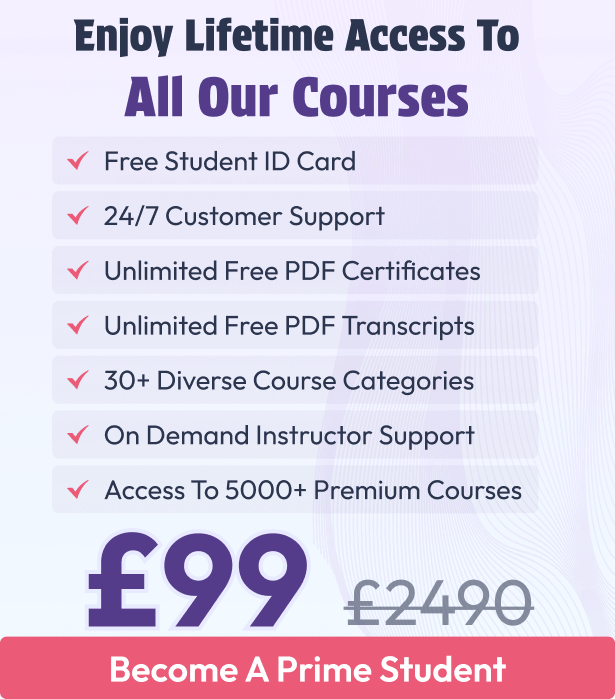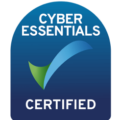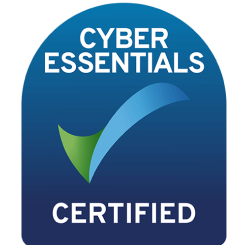Artificial Intelligence (AI) is constantly evolving and advancing in today’s digital landscape. There have been mixed reviews on its effect on daily life, including chatgpt in education. Most teachers loathe using AI, especially ChatGPT, as it offers easy solutions. However, recent findings claim it to be a revolutionary step in learning.
In particular, they could greatly help educate children in new ways. They have become valuable tools with personalized assistance, interactive learning experiences, and improving student outcomes. Moreover, they can help students develop critical thinking to prepare for the real world.
What is ChatGPT?
Launched in November 2022, ChatGPT is an AI chatbot that uses machine learning and natural language processing. It has a vast database to communicate with users in English. It differs from a search engine as it can answer any query and reply according to the user’s instructions.
For example, it can provide complete steps and methodology of a complex math problem. It can also analyze and explain a subject in an easy-to-understand format. Moreover, you can converse with it naturally and get quick replies on anything, such as quoting lines from Shakespeare.
ChatGPT can also write essays and poems and answer any test questions. The latest version, ChatGPT 4, can also process and generate images. It has its fair share of limitations but has unlimited potential. Hence, it can be used as chatgpt in education tool to help students when teachers are unavailable in real-time.
How ChatGPT Can Help In Education?
Most teachers argue about ethics when it comes to ChatGPT in Education. They think it is an easy way out for most students who can command the bot to do their homework. However, it can be debated if it is used correctly. Many psychologists have claimed it is a revolutionary tool to help students learn more efficiently.
Therefore, teachers can significantly benefit by integrating it into their courses. They can provide detailed instructions to the children to tailor the subjects according to their understanding level. It can also help them understand tough topics and motivate them in their school work.
Some of the potential benefits include the following:
Engaging Learning Experience
ChatGPT can provide personalized assistance that can mimic real-life conversations. It can make the students feel like they’re asking for advice from a teacher. They can also get real-time feedback on their doubts to improve their understanding of a subject.
Furthermore, students can instruct it to give replies in different ways that help them to understand it efficiently. For example, they can ask it to be explained via poetry or dialogue or explained to them like someone would a five-year-old. Moreover, ChatGPT is available 24/7 to contribute to a more proactive and engaging learning environment.
Enhance Study Time
Children often feel frustrated and waste time when they cannot understand complex questions. Hence, ChatGPT can act as their study companion and improve their overall experience. They can tailor their responses from the chat history to provide personalized assistance.
Therefore, ChatGPT in education can clarify complex topics, generate relevant examples, and offer alternative explanations to help understand them better. It will help children optimize their study routines and learn more quickly. It can also spark curiosity and help them explore other areas of the subject.
Homework Assistance
ChatGPT can also help students with homework by offering step-by-step guidance on various subjects. They can help them solve challenging problems and explain how to do it moving forward.
With an interactive conversational model, children can ask leading questions and get answers to them immediately. It also tests their creativity to ask their queries in a way they will best understand. Moreover, it gives them confidence and motivates them to do their homework on time.
Build Vocabulary
As mentioned earlier, ChatGPT generates replies in English in a conversational manner. Therefore, it can help young students grasp and develop their understanding of English.
It creates an immersive environment where they have to hold conversations to get the answers to their questions. They can also enforce storytelling and creative writing to get the necessary replies to help them understand topics effectively. Moreover, they can learn about the meanings of complex sentences and build their vocabulary.
Conclusion
To summarize, ChatGPT can help improve students’ learning experience with the right approach. It can be their study guide and companion to help them understand complex topics in real time. Moreover, it can help them develop their vocabulary and motivate them to learn more. However, teachers should monitor their usage and enforce parental guidance during study sessions. They can also integrate ChatGPT into their classes to help children understand its usage.
If you wish to take advantage of AI, then attending AI conferences is the best way to keep yourself updated about it. Also, if students attend an artificial intelligence conference in Europe, it will provide them with an overview of what AI is in today’s generation and how to use it. So, attend now


![]() 7 minutes
7 minutes
































